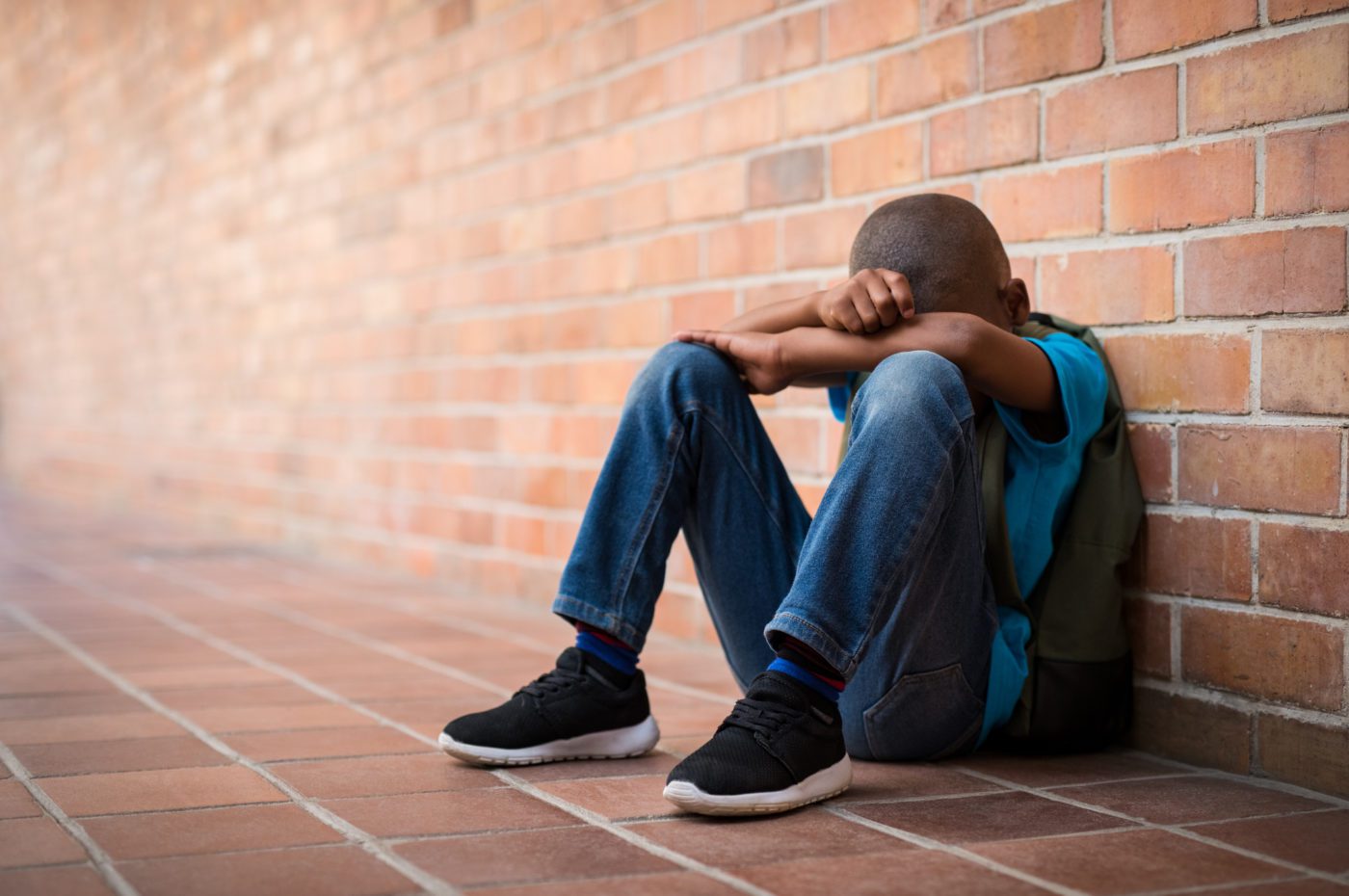I was in sixth grade sitting in class when I looked up at the clock. Three more minutes until the bell would ring and I’d be out in the hallway heading to my next class. I hated that hallway because he was out there. Two minutes. The teacher was still talking, but I hadn’t heard a word for the last fifteen minutes. My mind raced. What was he going to do to me today? What humiliating torment was I going to be subjected to? My heart beat fast and I felt nauseous. One minute. Was he going to beat on me? Make fun of me? Is he ever going to just leave me alone? Bell.
That was my story every day for an entire year. I felt terrorized, anxious, and depressed. School was an unsafe place where I had no control. My only hope was that my bully would get bored of me and move on to something else. He never did. My parents saw the signs and eventually were able to help me. It’s critical that we learn to understand the signs of bullying and be completely aware on behalf of our children. Here are 10 (of many) signs that your child might be getting bullied.
1. Comes home with torn, damaged, or missing pieces of clothing, books, or other belongings.
The less reasonable your child’s explanation, the more likely bullying is involved.
2. Frequent headaches or stomach aches, feeling sick, or faking illness, especially in the mornings.
This could either be to avoid the bullying or as a result of the bullying. Typically, it’s both.
3. Changes in eating habits.
Skipping meals, unable to eat meals, or binge eating. Kids may come home from school hungry because they did not eat lunch.
4. Difficulty sleeping, frequent nightmares, or complaints of headaches.
Processing the abuse can take a toll even when sleep should provide rest and healing.
5. Declining grades, loss of interest in schoolwork, or not wanting to go to school.
Simply put, it’s tough to concentrate on anything else when anxiety is working in the background.
6. Loss of friends or avoidance of social situations.
Victims often lose the few friends they have. Other kids don’t want to be associated with victims or they’re afraid it’s “catching.” Victims seldom become “loners” by choice.
7. Feelings of helplessness or decreased self-esteem.
This may include anxiety-based behavior and self-destructive behaviors such as running away from home, harming themselves, or talking about hurting themselves.
8. Generalized fear.
Your child may seem afraid of going to school, walking to and from school, riding the school bus, or taking part in organized activities with peers (such as clubs).
9. Appears sad.
Not just sad, but moody, teary, or depressed when he or she comes home. A huge part of this is that he or she won’t talk about what’s wrong.
10. Begins to bully other children.
This is a disturbing sign that’s often a natural consequence of being bullied. Victims may begin to take it out on siblings or weaker friends and become aggressive and uncooperative with their parents.












Huddle up with your kids and ask, “Have you ever been bullied?”